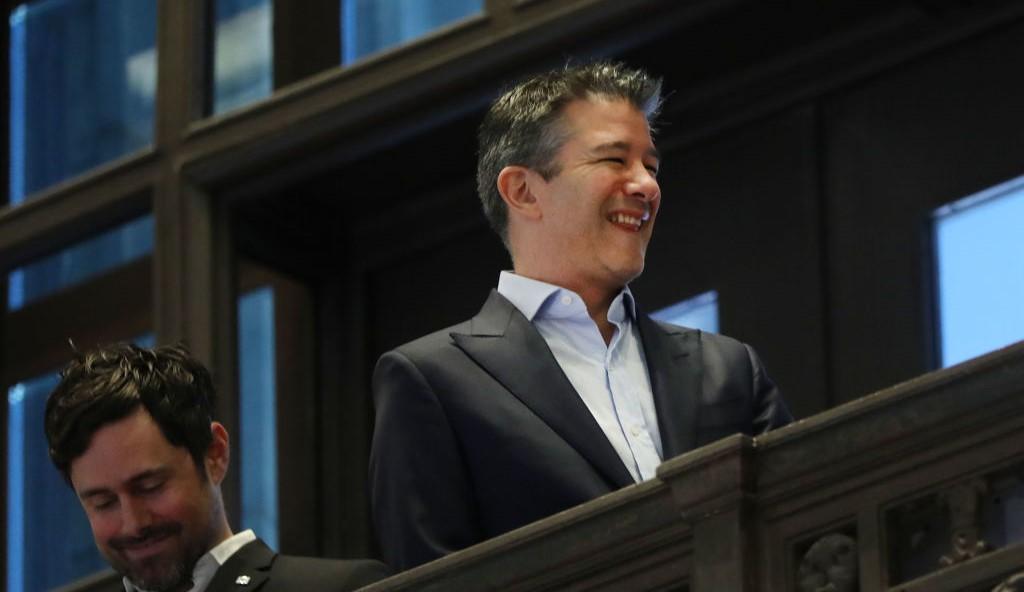Leaked Uber Files: What the Revelation Means for the Rideshare App
Hundreds of thousands of confidential documents from Uber Technologies (UBER) have been leaked. Here’s what the bombshell means.
July 11 2022, Published 10:55 a.m. ET
Global rideshare and delivery service app Uber Technologies (UBER) has managed to skirt detrimental criticism while fighting for access to cities across the world, battling workers over pay and treatment, discriminating against disabled passengers, and more. Now, a trove of 124,000 leaked documents is putting Uber in the limelight again—and this time, it’s big.
According to leaked Uber files sent to The Guardian, Uber secretly lobbied with world leaders to secure its place in the global market. It also managed to skirt the police by hiding evidence when approached.
Leaked documents show Uber’s secret lobbying and police avoidance

Uber co-founder and former CEO Travis Kalanick
The “Uber files,” made up of 124,000 leaked documents, divulges the shady tactics Uber used under the leadership of co-founder and former CEO Travis Kalanick.
Uber reportedly lobbied powerful world leaders to gain access to popular cities and increase its global presence. The report suggests Emmanuel Macron, then France’s economy minister, helped Uber get past opponents and build its business in France.
The reports refer to Uber’s secret political back-alley deals, punishment of world leaders who failed to support the company (like Joe Biden at the time of his vice presidency under Barack Obama), and willingness to put drivers at risk. Kalanick willingly sent Uber drivers to counter-protest against taxi drivers in France despite the risk of violence because, as he put it, “Violence guarantee[s] success.”
Amid this threat on drivers’ lives, police around the world tried to raid Uber offices. However, when raided, Uber reportedly used a “kill switch” that cut data systems and subsequently placed a gap between authorities and evidence.
Uber says it’s different now
The “I’m different now” argument is a classic trope that emotional abusers play in relationships. When it comes to corporations, that same argument is often a form of manipulation. Even so, Uber is using this approach to justify its business model despite its current operations being founded on questionable morals.
Helmed by CEO Dara Khosrowshahi since 2017, Uber has not denied the files. In fact, the company has acknowledged them, stating, “We have not and will not make excuses for past [behavior] that is clearly not in line with our present values.” In 2017, Uber forced Kalanick to resign over myriad privacy, discrimination, and sexual harrassment scandals. Even then, the company recognized Kalanick’s problematic behavior, but the Uber files show it was a much more widespread issue that operated well beyond Kalanick alone.
What the leaked Uber files could mean for the company
The leaked Uber files show the company used morally and often legally questionable tactics to garner access to a global market and threaten the livelihood of the competing taxi industry.
Various cities and nations could potentially revisit the question of whether Uber is welcome and what they must change, if anything, about how they treat the markets they enter and the contractors they employ. Built on a foundation of coercive deception, Uber’s foundation of a $42.14 billion market capitalization could be at least partially in jeopardy. UBER stock fell about 3.8 percent after the market opened on July 11 in response to the leaked Uber files news.

